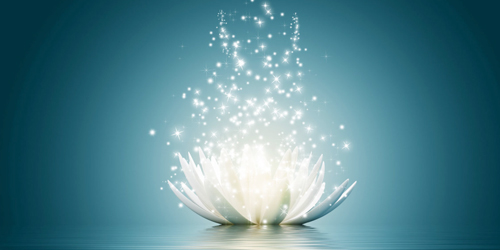“Why should I say sorry? He/she started it!” My mother was used to hearing this when my brother and I were very young. Mum wasn’t interested in who started what and just wanted peace and for us to stop quarrelling. Of course, justice and fairness did not seem to count and my brother and I would have to make up and start talking to one another to stop Mum from becoming further upset.
Recently I observed my two-and-a-half-year-old being bossed around by an older friend of his, who was shouting at him as to which toys he could and could not play with. Later that day, I asked my son about the way he was spoken to and whether he would like to play with this friend again. He thought about it and then said: “No, mummy, he was being horrible to me.” Remembering my own childhood, I tried to console him and told him that it was his responsibility to show his friend how to be nice. My thinking was that the sooner he picks this up the better.
We often take our opinions on fairness and justice into adulthood and focus on how people ought to treat us and how they ought to speak to us. The moment someone talks down to us, disrespects our views or tries to attack the ego, we shut them out and protect ourselves with a mental wall which has a huge red sign painted outside of it saying: “Warning! This person is dangerous!” or “Warning! This person can’t be trusted!”
Many of us have learnt the age-old maxim; ‘Treat others the way you want to be treated’ and many of us live with the principle that if I am doing good to someone, I expect good back from them and the moment we don’t receive goodness in return, we ditch the maxim and give as good as we get, which is not always very nice.
Perhaps our parents’ teaching of “it doesn’t matter who is right or wrong, be nice anyway” was long forgotten or perhaps we get used to life experiences and we think we know better in the real world where we are faced with the challenges within work, studies or other relationships. Or perhaps the ego has grown so big that it now demands to be respected no matter what!
I always observe that it’s easier to become a bridge or a mediator to bridge the gap between others when it doesn’t involve you. However, when you are faced with the challenge and it directly concerns you, it’s an entirely different story. When faced with criticism, misunderstandings or someone’s ego, are we able to become a bridge? Is it easy to become the peace-maker, the mediator for our self?
Taking inspiration from fascinating Spiritual Gurus (Satgurus) from various times, they all had something in common. They were able to do the unthinkable and unimaginable. They were able to continue treating another the way that they wanted to be treated irrespective of the treatment they were receiving in return. Look at Lord Buddha who was calm in the face of adversity and remained kind to the one who hurled abuse at him. Similarly, Guru Amar Dass ji, the third Sikh Guru, was compassionate towards the person who kicked him in his back. Instead of anger and retaliation, he lovingly asked the man if his foot was not hurt in the process of kicking his hard bones. In Christianity, Lord Jesus Christ asked God to forgive those who had misunderstood his teachings and who were responsible for his crucifixion. Similarly, Satguru Baba Hardev Singh ji Maharaj guided all to forgive those responsible for assassinating his Satguru and father, Baba Gurbachan Singh ji.
Spiritual Masters have always stood out amongst the rest because of their compassionate, forgiving and loving nature. Their purpose was to inspire us to live the same way, as it was the only way to break walls of hatred and to keep bridges maintained. Where did their strength for such noble divine attributes come from and why were they motivated towards building bridges? Their inspiration came from the source of eternal unconditional love and compassion. Their inspiration came from that which unites us all; God or Formless Nirankar.
Being the torch bearers of Enlightenment, the Satgurus awakened man through Self-Realisation/God-Realisation – the Gyan. This Awakening in turn, revealed the eternal thread that binds all of us and that we are all part and parcel of the same Divine Energy; our souls are part of the same One Super-soul and we are creation of the same Creator. Being aware of this One Almighty Entity, we then begin to see ourselves in others.
The Gyan (God-realisation) peels away the external layers of the ‘fake identity’ i.e. the colour, faith group, profession, family relation, personality etc. Instead, focus is on the ‘real identity’ which is the Formless One that resides within us all. The maxim, ‘Treat others the way you want to be treated’ not only makes sense but becomes effortless because we are actually treating not another but ‘our self’. By keeping the light of Gyan alight and living in self-awareness, we automatically become bridges in all situations whether those situations involve us or not.
After receiving the Gyan, I can happily state that whenever I am one with the Supreme Bridge and connected to the Universal Connector, it’s far easier to become a bridge and to allow potential walls to fall. I pray that I remain living in Awareness so that my life can be of use to a world which needs bridges more than ever before.
– Sangeeta Tutt








